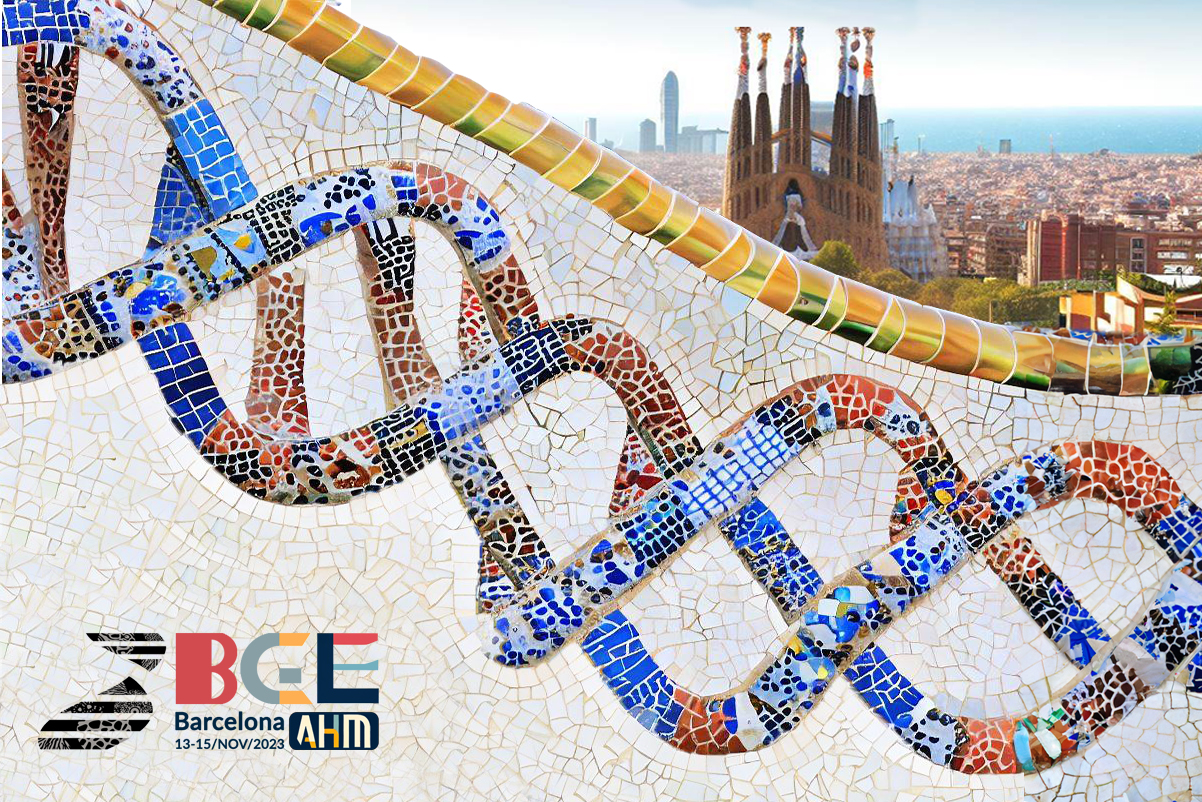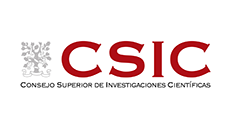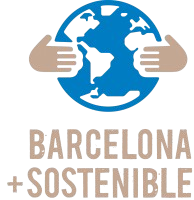L'IBE acull la 1a trobada de treball del projecte Biodiversity Genomics Europe (BGE) a Barcelona
L'Institut de Biologia Evolutiva (IBE: CSIC-UPF) de Barcelona serà l'amfitrió de la primera trobada de treball del projecte Biodiversity Genomics Europe (BGE), una iniciativa internacional que aplica la ciència genòmica per avançar en la ciència i les polítiques de conservació.

Durant 3 dies, tots els membres de BGE discutiran i treballaran en els propers passos per perseguir l'objectiu principal del projecte: accelerar l'ús de la ciència genòmica per comprendre i monitorar els canvis en la biodiversitat i guiar les intervencions per fer front a la seva disminució. Amb més de 30 socis de més de 20 països, el projecte té la intenció d'identificar 500 genomes de referència d'espècies europees i més de 10.000 codis de barres d'ADN.
Per aconseguir-ho, BGE reuneix dos consorcis recentment formats: BIOSCAN Europe, que se centra en la codificació de barres de l'ADN, i la European Reference Genome Atlas (ERGA), que se centra en la seqüenciació de genomes de referència.
Rosa Fernández, líder del grup a l'IBE i recentment escollida membre del consell executiu d'ERGA com a Scientific Officer, serà l'amfitriona de la reunió de la BGE a la seu de l'IBE a Barcelona. L'esdeveniment se celebrarà del 13 al 15 de novembre de 2023 i tindrà un format híbrid.
Més sobre el projecte Biodiversity Genomics Europe (BGE)
El projecte BGE aborda la crisi global de la biodiversitat utilitzant dades de l'ADN. Reuneix participants de més de 20 països i aplica la genòmica de manera integral a la recerca en biodiversitat, amb el potencial de remodelar la ciència i les polítiques de conservació, a una escala similar a l'impacte del Projecte Genoma Humà en la medicina. El projecte està cofinançat per la Unió Europea, UK Research and Innovation i el Govern suís amb més de 21 milions d'euros.
Una de cada quatre espècies a tot el món està actualment en risc d'extinció, fent de la genòmica una eina vital per entendre i respondre a les pressions ambientals. BGE se centra en la codificació de barres de l'ADN i la seqüenciació del genoma per accelerar l'inventari de la biodiversitat de la Terra i proporcionar informació sobre les respostes de les espècies als canvis ambientals, amb una missió per promoure aquestes tècniques genòmiques transformadores a tot Europa.






















